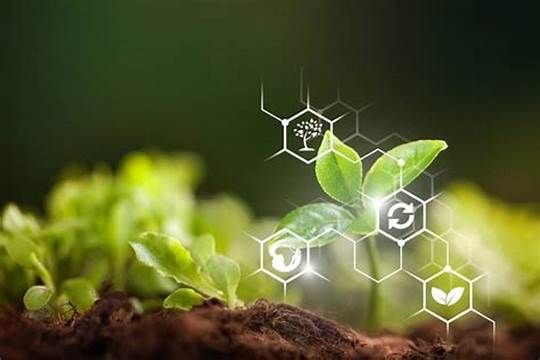- About Us
-
Our Programmes
-
Undergraduate Programmes
- B.Tech Computer Science & Engineering
- B.Tech CSE - Artificial Intelligence & Machine Learning
- B.Tech CSE - Cyber Security
- B.Tech in Electronics & Communication Engineering
- B.Tech in Mechanical Engineering
- BCA (Artificial Intelligence)
- BCA (Internet of Things)
- BCA (Cloud Computing)
- BCA (Cyber Security Forensics)
- B.Sc. in Agriculture
- B.Sc. in Biotechnology
- B.Sc. in Chemistry
- B.Sc. in Forensic Science
- B.Sc. in Microbiology
- B.Pharm
- BBA (Fin Tech)
- BBA (Branding & Advertising)
- BBA (Business Analytics)
- BBA (Digital Marketing and Innovation)
- BBA (Entrepreneurship & Family Business)
- B.Com in Banking and Insurance
- B.Des (Fashion Design & Styling)
- Bachelor in Multimedia & Mass Communication
- BFA
- BA (English)
- B.Ed
- BBA LLB
- LLB
-
Postgradaute Programmes
- M.Tech Computer Science & Engineering
- M.Tech CSE - Artificial Intelligence & Data Science
- M.Tech in Electronics & Communication
- M.Tech in Internet of Things
- MCA (Artificial Intelligence)
- MCA (Cloud Computing)
- MCA (Cyber Security Forensics)
- MCA (Data Science)
- MCA (Internet of Things)
- M.Com (Master of Commerce)
- MBA (Business Analytics & AI)
- MBA (HRM)
- MBA (Finance Management)
- MBA (Marketing)
- M.Sc. in Biotechnology
- M.Sc. in Chemistry
- M.Sc. in Forensic Science
- M.Sc. in Microbiology
- M.Des
- Master in Multimedia & Mass Communication
- MFA
- MA (English)
- LLM
- Diploma and Certification Programmes
- Doctoral Programmes
-
Undergraduate Programmes
- Admissions
- Academics
- Public Self-Disclosure
- Life @ Vidya
- Research & Innovation
-




